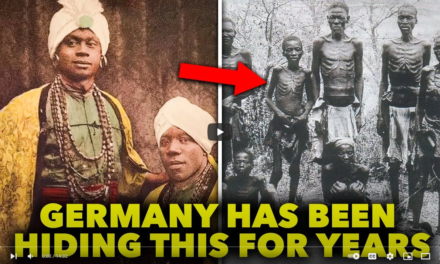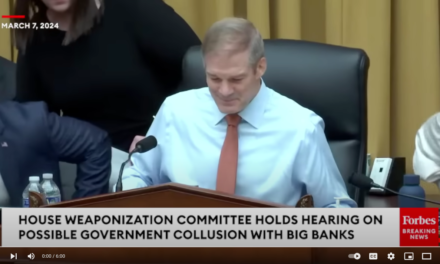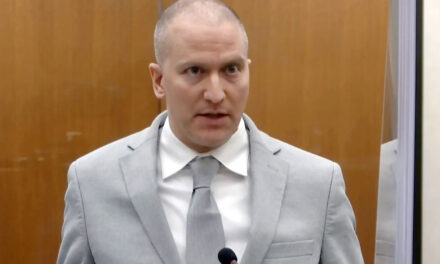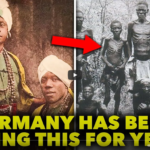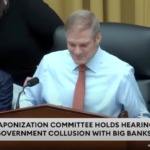Reflecting on Culture, Freedom, and Geopolitics: Insights from Tucker Carlson
Tucker Carlson shares his nuanced perspectives on a range of topics, from the rich tapestry of Russian and Ukrainian culture to the contentious arenas of freedom of speech, geopolitics, and the role of technology in society. Carlson, known for his forthright views, navigates through complex issues with a blend of admiration, criticism, and introspection.
A Deep Dive into Slavic Culture and Freedom of Speech
Carlson expresses a profound respect for the “intelligence and thickness” of Slavic culture, a testament to the deep historical roots and vibrant traditions of Russia and Ukraine. However, his admiration for the cultural aspects does not blind him to the political realities of the region. He is vocally critical of the limitations on freedom of speech and press in Russia, distancing himself from any perception that he might be an apologist for Putin’s government. Despite his criticisms, Carlson acknowledges the complexity of living with dignity in countries where freedoms are curtailed, defending the stance against US sanctions which, in his view, often exacerbate the plight of ordinary citizens.
Media, Government, and the Essence of Courage
Carlson’s critique extends to the US media landscape, which he sees as overly compliant with government narratives, lacking the courage to challenge or question authority. This, he believes, undermines the very foundation of a free and prosperous society. Drawing from his personal experiences, including his interactions with figures like Jon Stewart, Carlson reflects on the changing nature of news dissemination in the digital age and the ongoing challenges to freedom of speech within the industry itself.
Geopolitics, NATO, and the Ukraine Conflict
The conversation takes a geopolitical turn as Carlson discusses his interview with Russian President Vladimir Putin. He highlights Putin’s refusal to criticize Joe Biden or NATO directly, while articulating his own skepticism about NATO’s benefits for the United States and the strategic concerns surrounding NATO’s expansion to Russia’s borders. Moreover, Carlson presents a nuanced defense of Ukrainian President Volodymyr Zelensky and critiques the role of the US government in perpetuating the conflict in Ukraine.
Beyond Cold War Paradigms
Carlson urges a reevaluation of US-Russia relations, challenging the rigidity of Cold War and World War II frameworks in understanding contemporary global conflicts. He emphasizes the need for adaptability and a willingness to entertain new perspectives on international threats, lamenting the lack of such openness among some policymakers.
Technology, Ethics, and Society
A significant portion of Carlson’s reflections concerns the impact of technology on human life and society. He questions the unbridled enthusiasm for technological advancement, cautioning against the ethical implications of altering the human brain with technology and the unchecked power of intelligence services. Drawing parallels between South Korea and the United States, Carlson ponders whether technological progress truly equates to an improvement in people’s lives.
Leadership, Democracy, and the Future
In discussing leadership and the political landscape, Carlson shares insights from his interactions with Donald Trump and others, underscoring the importance of humility, ignorance (in the Socratic sense), and the pursuit of wisdom. He warns against the potential dangers of artificial intelligence and nuclear weapons, advocating for a cautious approach to technological and military advancements.
Concluding his reflections, Tucker Carlson invokes Mahatma Gandhi’s principle that the way of truth and love has always prevailed. He stresses the importance of long-term thinking, ethical consideration, and the intentional use of technology in serving humanity’s best interests. In a world fraught with complexity and contention, Carlson’s discourse serves as a reminder of the values that should guide our actions: wisdom, courage, and a steadfast commitment to the common good.


